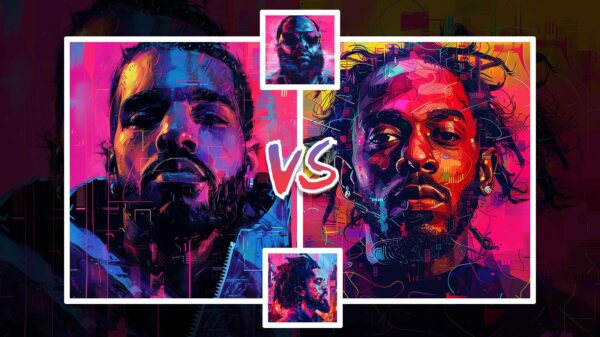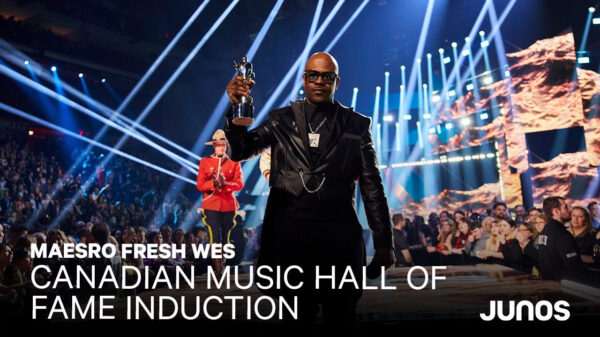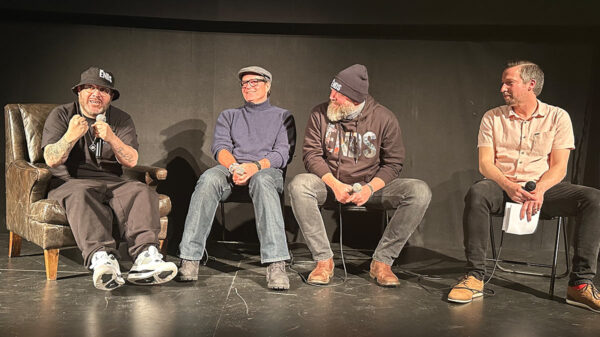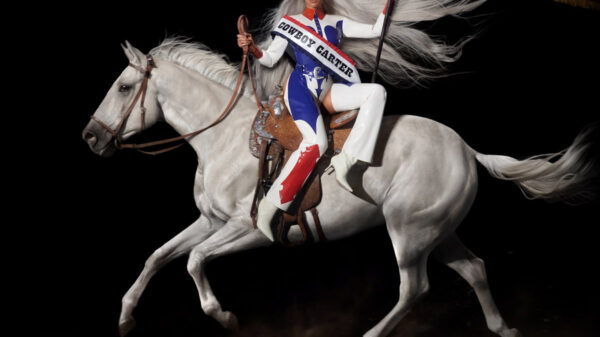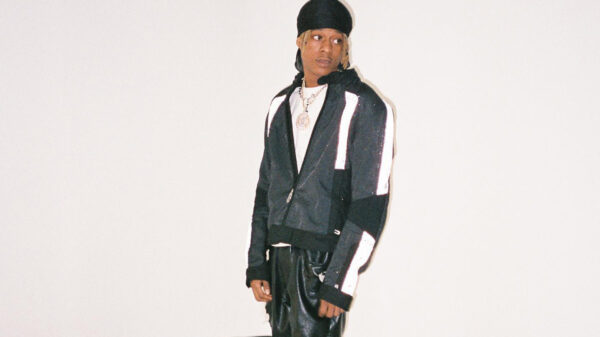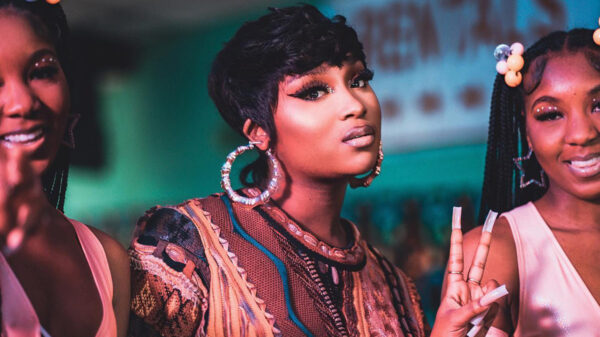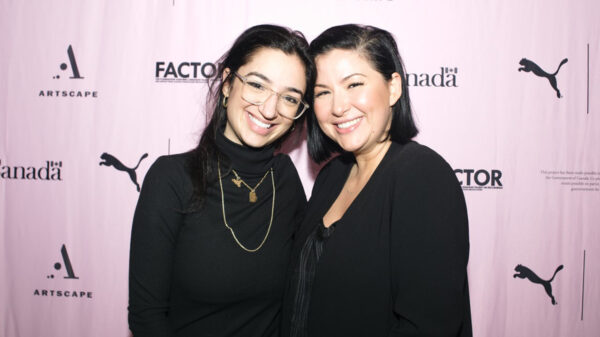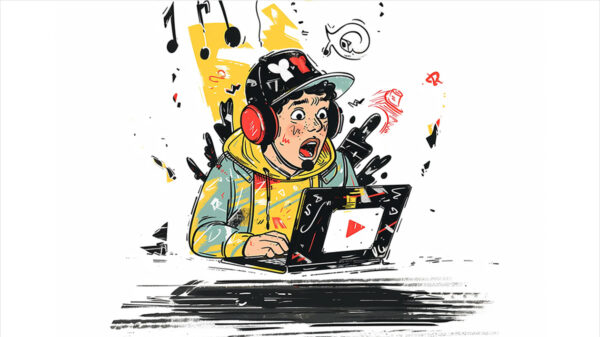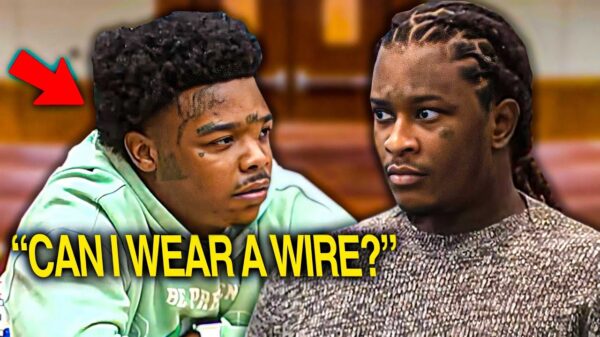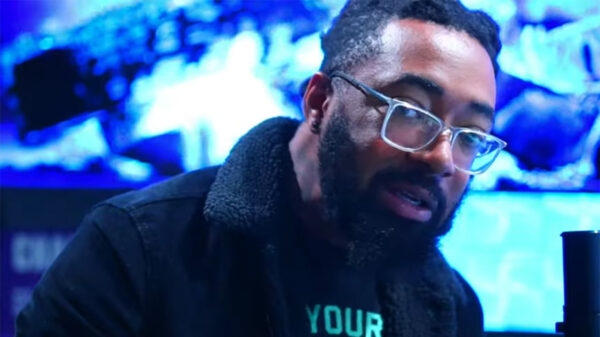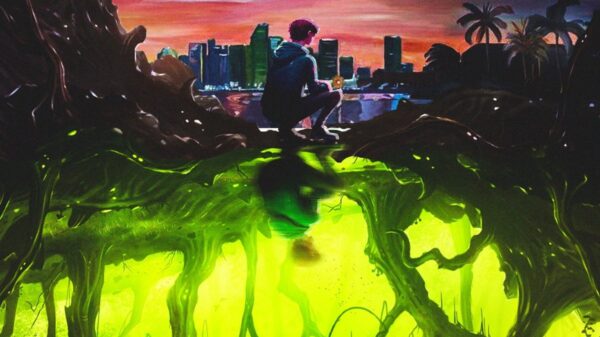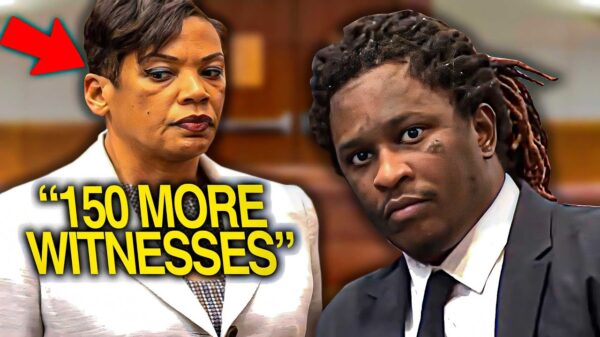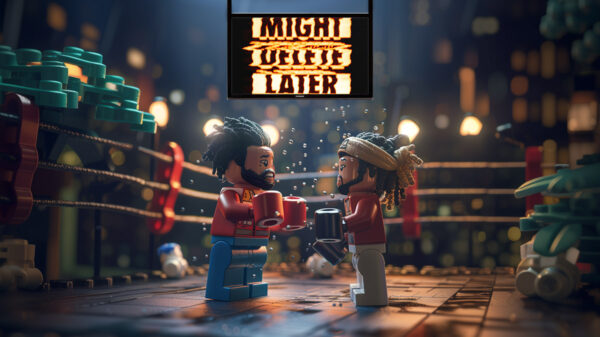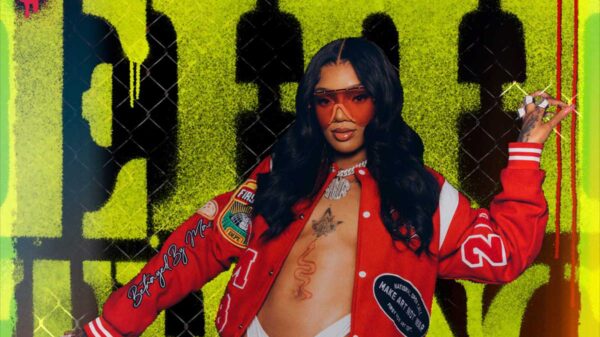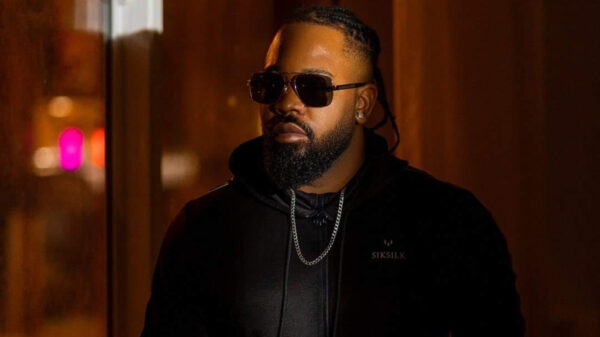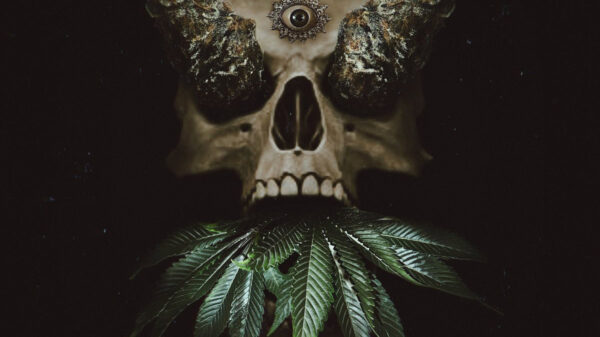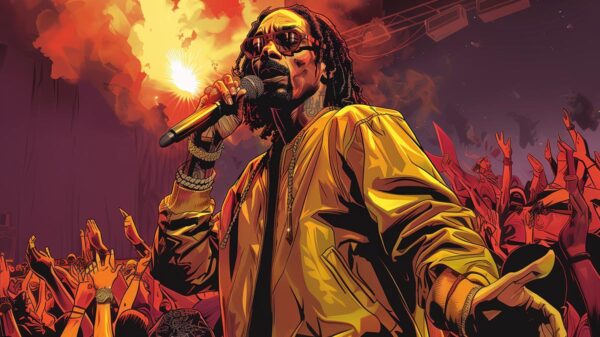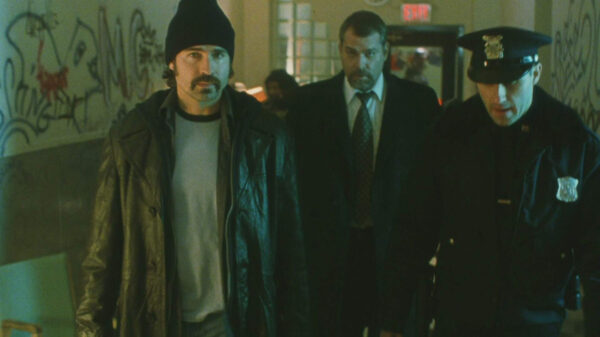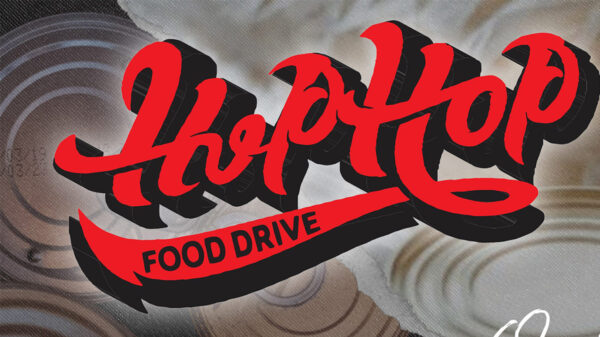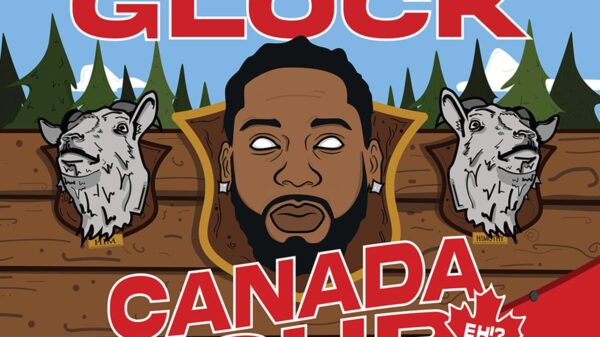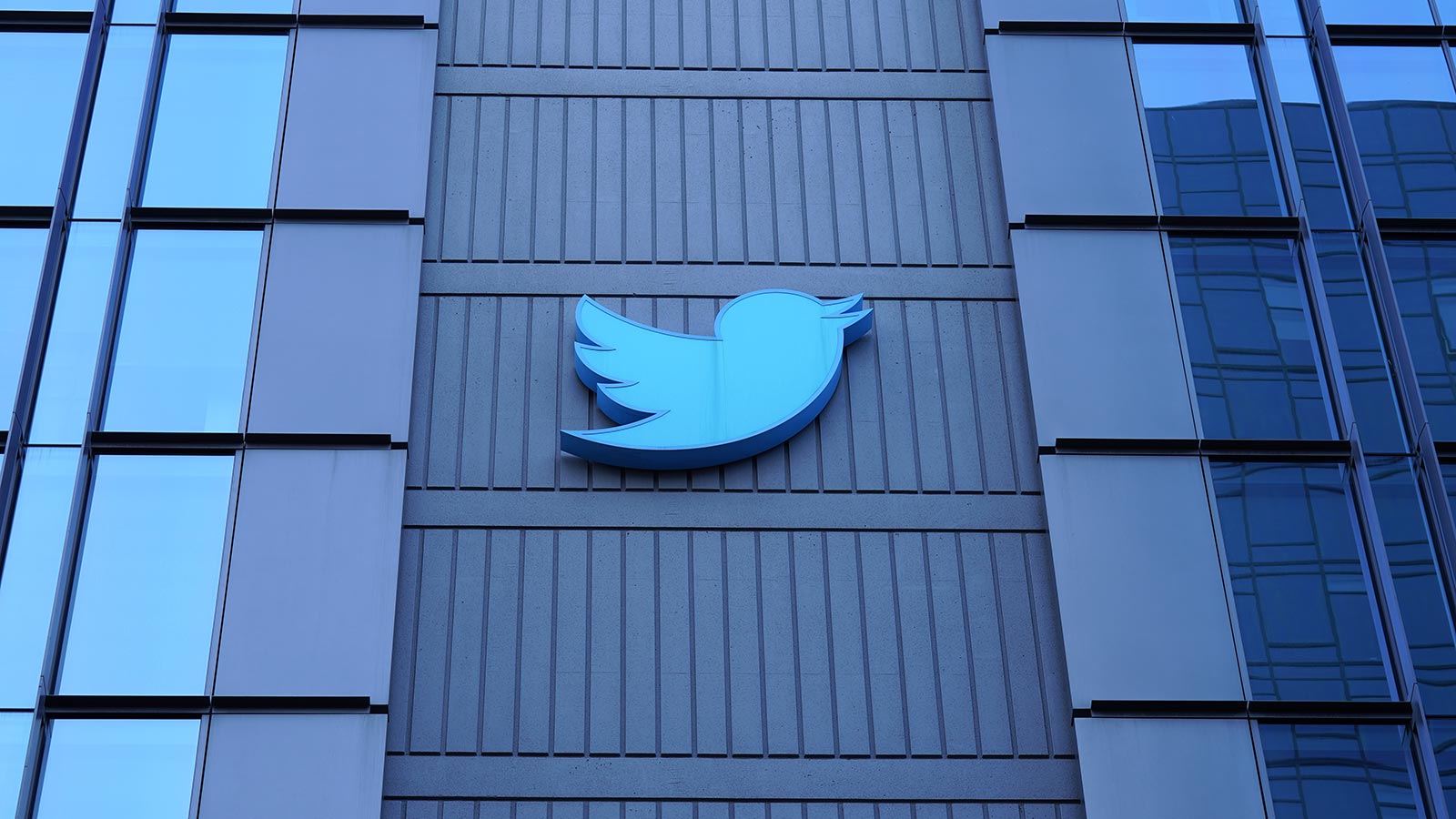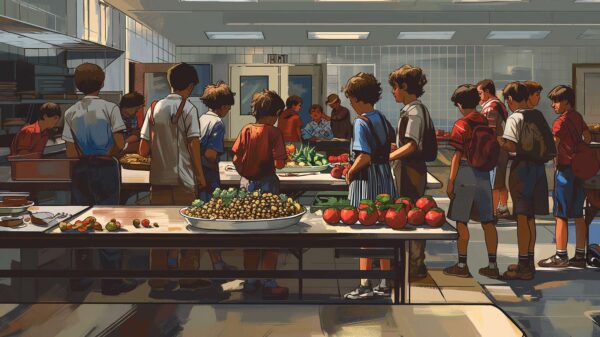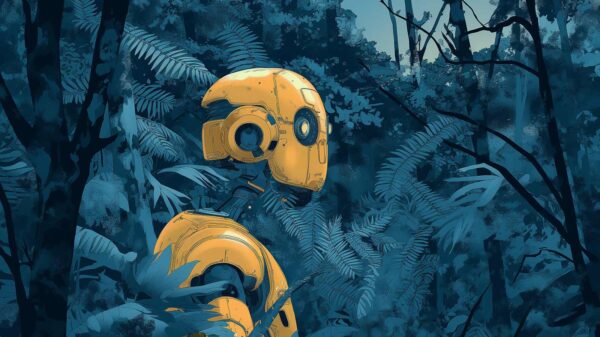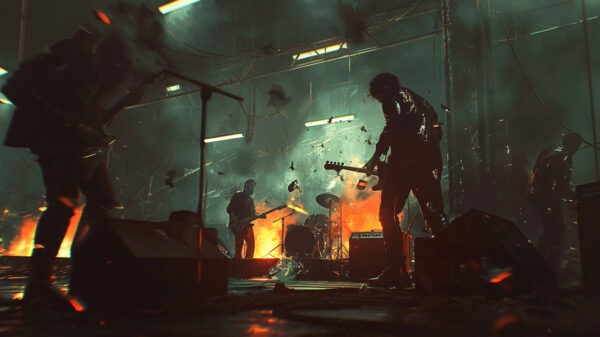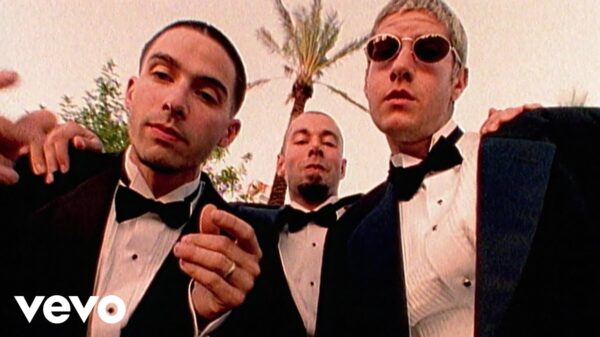From cartoon memes to cancel culture, hashtag activism and “new” languages, it’s undeniable that Black Twitter has shaped much of today’s internet culture.
“Black Twitter” describes a digital gathering of culturally connected Black people who use Twitter to discuss matters related to Black communities. These cultural conversations and inside jokes have resulted in new trends, digital behaviour and changes in the platform’s digital tools.
Elon Musk’s controversial ownership has led some to wonder – what happens to Black Twitter now, and where will it go?
These questions mourn the loss of a digital culture that has defined the platform over the past decade, but they also perpetuate the idea that the Black Twitter community is a singular entity, incapable of the kind of shapeshifting and remixing that has been central to its existence.
Though some of Black Twitter’s practices are often misunderstood to have originated on the social media platform, they are not new. They have histories in Black creative, linguistic, and technological cultures. For example, cancel culture performed on Black Twitter has roots in Black accountability practices and oral traditions, though it has now been appropriated.
These Black cultural and linguistic practices are not exclusive to Twitter. Twitter simply offers a digital space where these practices are exposed to people who were previously unfamiliar with them.
Similar Black cultural practices have also emerged on other social networking platforms that existed long before the emergence of Twitter in 2006, and so they certainly won’t disappear in light of Musk’s US$44 billion (£38 billion) buyout.
The Black cultural impact on the Twittersphere
Besides its cultural impact, Black Twitter has also had technological impacts on the platform.
In Reclaiming Our Space, Feminista Jones explores how Black women’s creative use of the app led to changes in the platform’s design. “Over the years,” she writes, “Black women have continued to tinker with Twitter as a platform, creating ways to communicate that are more in line with our norms. In response, Twitter has adapted its platform to how we tweet, from creating the current mechanism for threading to incorporating gifs in tweet options.”
The technological and cultural impact of Black Twitter doesn’t stop there. In her essay The Blackness of Meme Movement, Lauren Michele Jackson argues that popular meme culture is directly linked to Black language and expressive cultures. Their usage embodies Black cultural experiences and are shaped by them.
As Black folk shaped the platform (and culture) through digital play and communication, Twitter quickly became an incubator for Black cultural production. This caught the eyes of media and cultural industries who altered their marketing strategies after they noticed the profitability of Black Twitter’s “coolness”.
Memes, for example, quickly became an opportunity to increase the revenue of hip-hop music. Another example is live-tweeting, when Black Twitter gathers to respond in real-time to TV shows, such as Love Island, and offer comedic and political commentary on race, society and culture. Industries recognised the viewership this practice brought, and have changed how they market media and engage audiences.
Twitter as a space for anti-Black digital harm
Black experiences on Twitter aren’t always enjoyable. Twitter was never a haven for Black people on the internet.
The hyper-visibility of Blackness, Black cultures and Black expressions have become a digital currency resulting in cultural appropriation, blackfishing (in which non-Black people use makeup, cosmetic surgery or digital editing to flirt with the appearance of Blackness) and digital blackface (the use of visual depictions of Black people such as gifs, emojis, and memes as a form of self-expression by non-Black people).
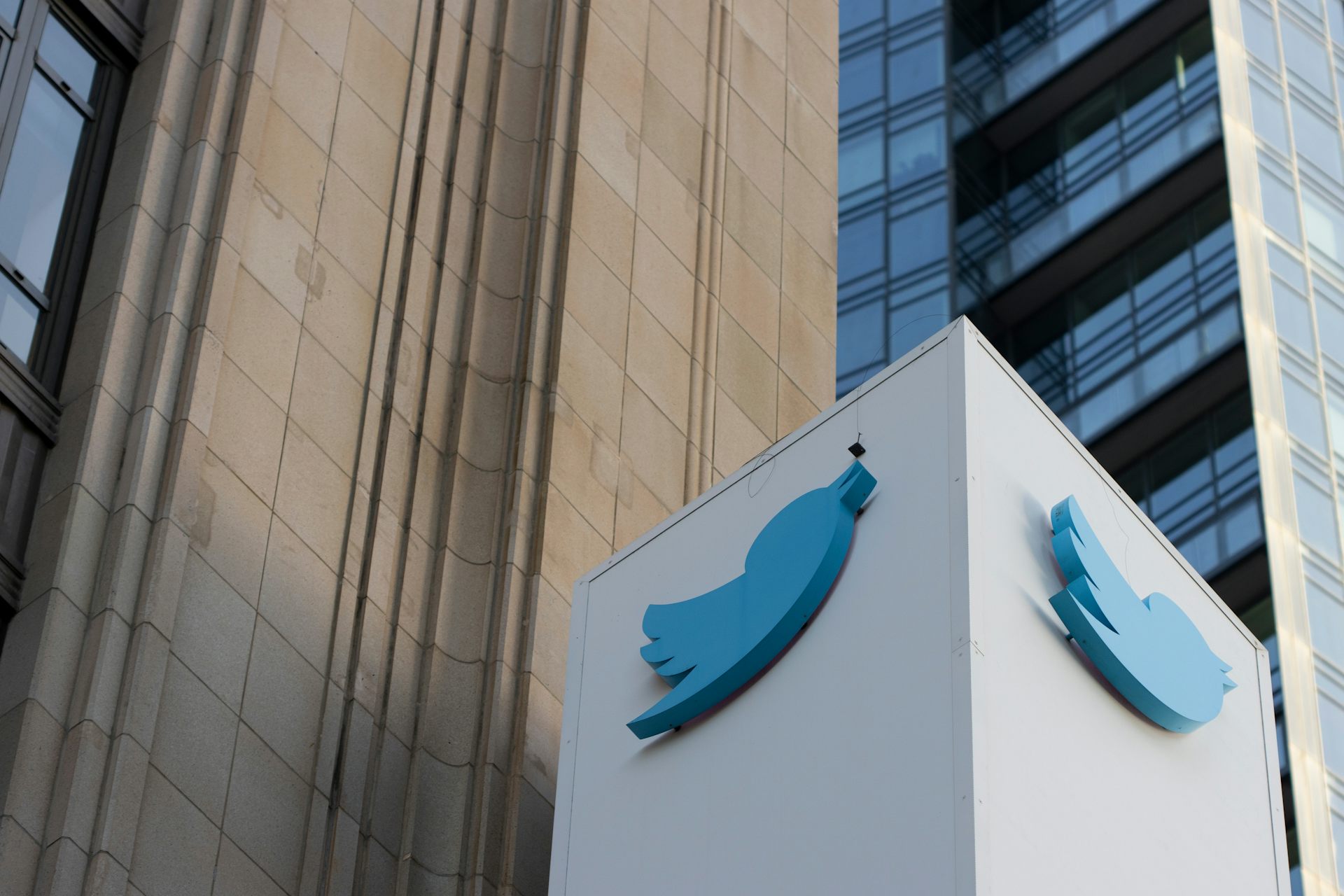
Twitter offices in San Francisco, US. (Tada Images)
Outsider surveillance has meant that Black Twitter has become a resource for misappropriation and creative theft, including when journalists mine Black Twitter to write articles and “discover” new trends, preventing Black creators from making money from their cultural production.
The lack of adequate regulation on Twitter also means that the threat of anti-Black abuse is amplified. This particularly affects those at the margin of the margins, such as Black women, queer people and trans people.
Many former contributors to Black Twitter have already left the app – often platforms that they have spent significant time building – and more will continue to do so. For all its greatness, Black Twitter is not a digital utopia, and many people have been deeply affected by the threat of harm on the platform, resulting in powerful engagements of digital resistance.
How will Black Twitter go?
Instead of asking, “What happens to Black Twitter now?”, I find it useful to ask, “How will Black Twitter go?”. Asking this acknowledges that there is a method to Black digital life – it is continuously being created and redefined. It also locates “Black Twitter” with the people and culture who carry it, and not only with the platform they inhabit.
While we collectively mourn the loss of a digital space that has represented culture, laughter, community and resistance, we need to remember that the platform has still perpetuated and circulated harm. Twitter cannot be the centre of all Black digital life. We must dream of better.
And so, “Black Twitter” will go as it always has done, in a fashion of cultural innovation, with our shared memories, collective archives and hopes for a better future.
Such is life on the internet. Social media and websites can disappear at any time. But if we must take one lesson, it is that while Twitter didn’t create Black Twitter, Black Twitter certainly defined and shaped Twitter.
Written by keisha bruce, Postdoctoral Research Fellow, Institute of Advanced Studies, UCL
This article is republished from The Conversation under a Creative Commons license. Read the original article.
![]()
5 Ways to Support HipHopCanada:
- Submit Your Music
- Follow Canadian Fresh (HipHopCanada’s Spotify Playlist)
- Follow us on Instagram
- Follow us on X (Twitter)
- Like us on Facebook




